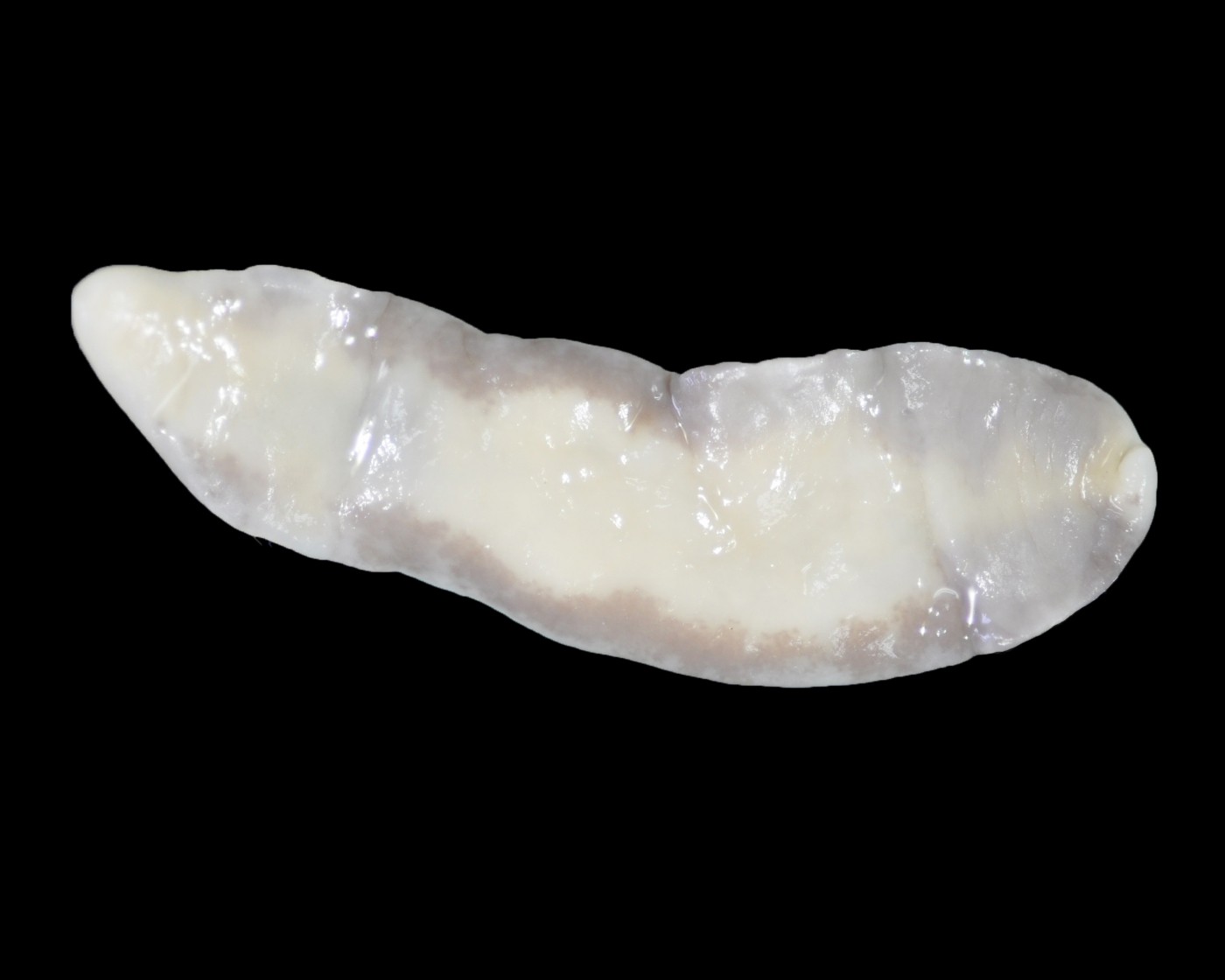MS Research Australia Supporting Effort to Harness Anti-inflammatory Potential of Parasitic Worms
Written by |

Researchers at the University of Technology Sydney (UTS) ithree institute are taking a novel approach in an attempt to halt disease progression in multiple sclerosis (MS). The scientists are planning to explore the anti-inflammatory potential of a controlled infection by parasitic worms as a way of preventing the harmful over-inflammation observed in MS and other autoimmune diseases. The project was recently awarded with a $100,000 grant from MS Research Australia.
In MS, cells of the immune system attack the central nervous system (CNS), primarily the nerve fibers and myelin, the element that covers and protects nerve cells. CNS inflammation, demyelination (myelin destruction), and axon loss are all hallmarks of the disease. While inflammation is an important defense against harmful invading pathogens, if uncontrolled it can lead to autoimmune diseases such as MS, rheumatoid arthritis, and type 1 diabetes. Many current therapies involve the injection of molecules that block pro-inflammatory mediators, such as cytokines.
Finding a way to stop the excessive inflammation and, in turn, halt MS progression is the project’s main objective.
“We are trying to stop the progression of the disease. Our goal is to develop a treatment, which if delivered at diagnosis would stop or slow down the clinical progression to severe disability that occurs in people with MS,” the project’s lead researcher, Dr. Sheila Donnelly, said in a news release. “To prevent tissue damage as they migrate through their human hosts, parasitic worms secrete molecules which dampen excessive inflammation (…) We are using those same molecules to switch off the inflammatory response that mediates diseases like MS.”
The idea of using parasites stems from practical observations that indicate that countries with greater exposure to parasitic worms have lower incidence of autoimmune diseases, including MS. Such reports have led the scientific community to explore a possible association between the two, and there is now some evidence supporting a link. Upon invading the human organism, parasitic worms secrete molecules to control consequent tissue inflammation, preventing tissue damage as they travel through the body.
Dr. Donnelly and a co-investigator, Associate Professor Judith Greer from the University of Queensland, based their research project on this evidence, and plan to use the parasitic anti-inflammatory molecules to try to switch off the over-inflammatory response seen in MS.
The MS Research Australia grant will fund the project’s pre-clinical stage, which will assess the safety and efficacy of the method before human trials can be conducted.


